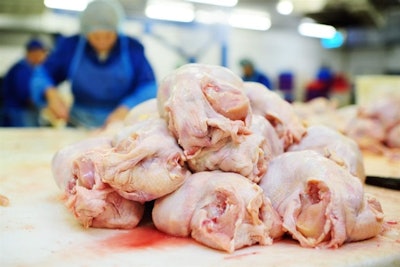
Agricultural producers are in trouble in many parts of the world. It is not unusual to see images of dairy producers throwing milk into the drain, or agricultural producers unloading trucks with potatoes or tomatoes on the road, in protest.
Only a few days ago, Spanish agricultural producers demonstrated in Madrid to demand better prices for their products. Some carried banners that said something like “without the countryside, the city does not eat.” The title of this blog was taken from one of these banners.
In Mexico, poultry producers have been struggling because of low live chicken sales prices for several months, due to chicken oversupply, caused by high imports, in addition to high productivity. Merely as speculation, this could, perhaps, lead some companies to close down.
Market forces decide, and that seems good to me, such as the case of the United States, where, by the way, there has also been a decrease in the price of chicken, due to excess production and heavier birds. But the United States produces everything: soybeans, corn, genetics, technology. In countries dependent on input imports, fragility is greater, as well as for those producers that are not enormous. Is that it?
There are excesses by intermediaries, retailers who choke producers, imports to force prices down, restrictions to import what is not produced in the country. And surely there are more things. In these cases, there must be limits, when competition is uneven with those that produce.
What is surprising is that governments focus on controls on the agricultural industry, which greatly affect their efficiency, and do not control what is necessary to feed their people, and incidentally provide jobs. Without production in the countryside, the city does not eat. The citizens do not eat. And they make them more dependent on external fluctuations.
What do you think?


















